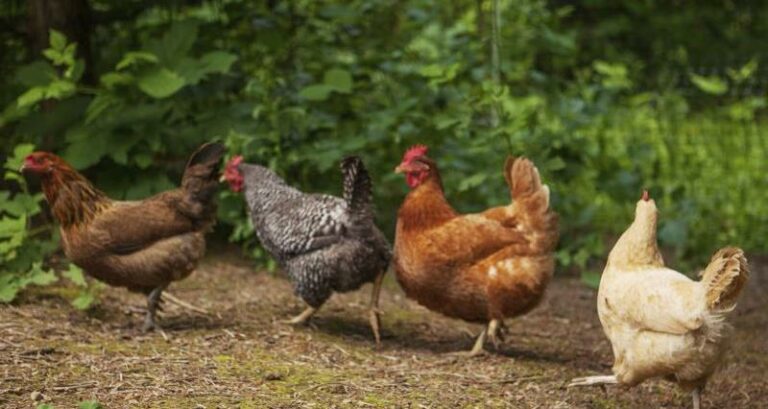The Rare Breeds Survival Trust (RBST) has reclassified all native chicken, duck, geese and turkey breeds as a priority and has urged the government to encourage more people to keep them in order to ensure their survival.
The charity said it had major concerns for native British poultry breeds in part due to avian influenza, which has had a detrimental impact on poultry breeding programmes in recent years.
The 2024 RBST ‘watchlist’ of at risk breeds also highlights the challenges faced by native pig breeds.
Rare Breeds Survival Trust chief executive Christopher Price said: “The new RBST watchlist reflects the major challenges faced by people keeping pigs and poultry over the past two years, notably the avian flu outbreaks and the sustained increase in animal feed and husbandry costs.
“We have moved all native poultry breeds to the priority category as we continue providing urgent support for these irreplaceable breeds’ conservation.
“The Government’s new Environmental Land Management (ELM) scheme encourages farmers and smallholders to choose native breeds for grazing, but it does nothing to help safeguard the future of our native pig and poultry breeds. Today’s watchlist shows the outlook for our rare pig and poultry breeds is a great concern, we want to see the ELM’s SP8 supplement broadened to include native pigs and poultry as well as grazing animals.”
The RBST Watchlist 2024-25 shows which of the UK’s cattle, sheep, pig, goat, poultry and equine breeds are now the most urgent ‘priority’ concerns, which remain ‘at risk’, and which are currently non-rare native breeds.
RBST trustee Tom Davis is farm manager at Mudchute Park & Farm in East London, a community charity that keeps a wide range of native breed livestock including rare poultry breeds such as Dorking chickens and Aylesbury ducks. Tom Davis said: “The UK’s brilliant array of rare and native poultry is under serious threat. Under the continued threat of avian influenza, there is a clear decline in active breeding programmes and when breed populations are so low, losing flocks can be devastating. Collecting comprehensive rare breed poultry data to steer conservation efforts is a serious challenge, and we really need more people to be encouraged to keep these birds and work with RBST and breed societies to help conserve them for the generations of the future.”


